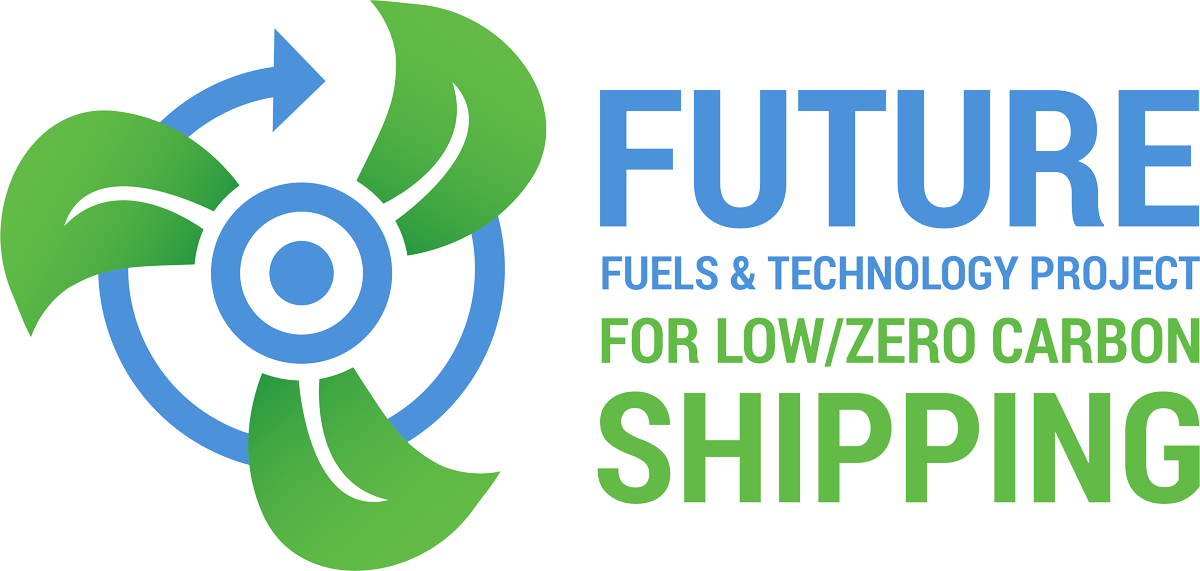To introduce the ESG strategy and goal achievement plans pursued by Maersk, the world’s second-largest shipping company.
Publication year: 2024
Onboard Carbon Capture – An overview of technologies to capture CO2 on board ships
To emphasize the necessity of applying onboard carbon capture and storage (OCCS) technology based on international maritime decarbonization regulatory trends, the current status of technology development, regional policy trends, and commercialization improvement challenges are introduced. In particular, the practical issues that need to be addressed and the corresponding level of technology required for the application of OCCS technology on ships are demonstrated through case studies.
Oceans of Opportunity
To explain the impact of green methanol and ammonia and propose the implementation of zero-emission fuel bunkering at ports by 2030
Availability of E-fuels and E-fuel-capable Vessels from 2027–2030
To assess the market readiness of e-fuels and e-fuel-capable vessels for commercial deployment in the maritime sector between 2027 and 2030. The report seeks to provide insights into the production capacity of e-fuels, the readiness of vessels to use these fuels, and the alignment of these elements to support ZEMBA’s next tender process. The study also aims to identify challenges such as financial barriers and deployment mismatches, offering strategies to accelerate zero-emission technology adoption in shipping.
Economic benefits of building zero-emission capable vessels in East Asia
To evaluate the economic opportunities for shipbuilding countries – China, the Republic of Korea, and Japan – through the construction of zero-emission capable vessels (ZECVs).
To explore the potential revenues generated by replacing conventional ships with ZECVs and highlight the role of first-mover advantages in the shipbuilding market.
2024 EPS ESG Report
To demonstrate the ESP’s commitment to environmental stewardship, social responsibility, and governance practices, and to highlight various initiatives and achievements in reducing carbon emissions and promoting sustainable practices.
Maritime Forecast to 2050
To emphasize the necessity of improving energy efficiency and establishing fuel transition strategies to achieve the decarbonization targets of IMO. This report explores methods to maintain the competitiveness of international shipping by 2030, focusing on fuel reduction, digitalization, and carbon capture technologies. Additionally, it examines strategies for expanding related infrastructure and addressing cost increases, providing insights into strategic responses to these challenges.
Preparing Tanker Vessels for Conversion to Green Fuels
To analyse the technical, economic, and environmental impacts of converting tanker vessels to green fuels such as methanol and ammonia. This report aims to assess the readiness level and costs of fuel transition, providing insights to propose optimal design and operational strategies that align with sustainable shipping practices and regulatory requirements.
Risk assessment of ammonia bunkering operations: Perspectives on different release scales
To evaluate the operational risks associated with accidental ammonia releases during bunkering operations, focusing on small, medium, and large release scales of ammonia and explore factors such as bunkering supply, release, and meteorological conditions, this study performs a sensitivity analysis to identify the most influential factors affecting ammonia dispersion risks.
Green ammonia adoption in shipping: Opportunities and challenges across the fuel supply chain
To investigate the viability of green ammonia as a shipping fuel, exploring its technical, economic, and infrastructural challenges.
To identify barriers and opportunities for its adoption within the shipping sector, focusing on its potential to align with the Paris Agreement goals of limiting global warming to 1.5°C.

